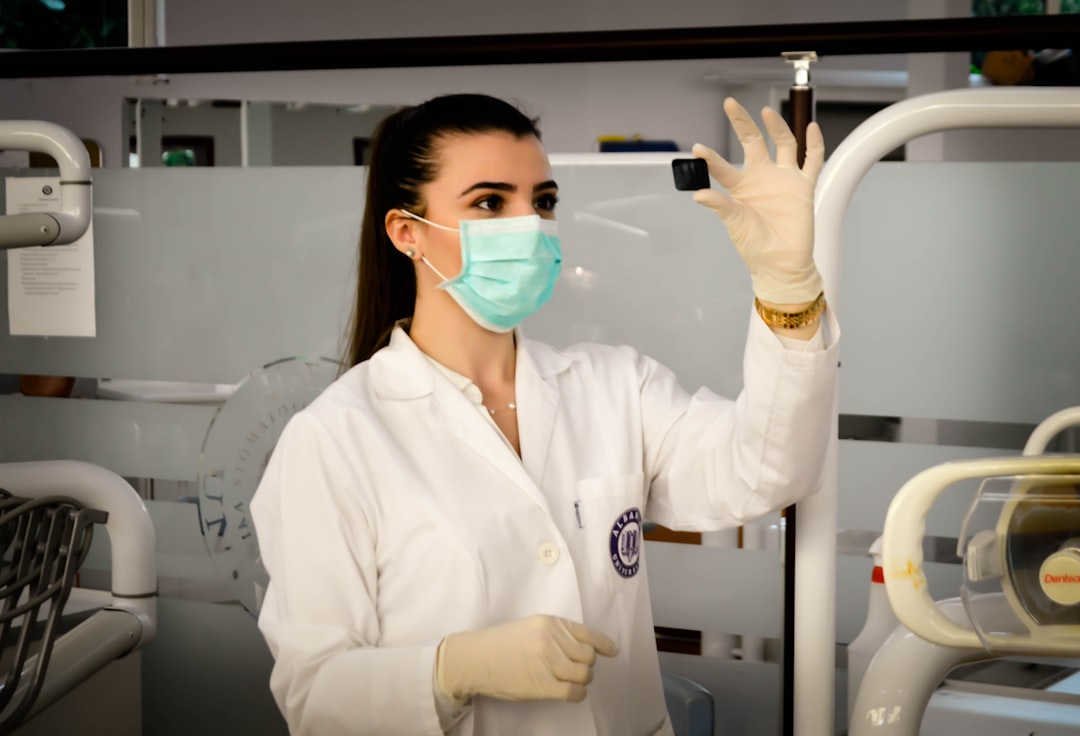Artificial Intelligence in Health: High-quality, personalized, decisive, and efficient care
How AI allows for a more personalized, high-quality care delivery
Artificial intelligence or AI for short has been changing the way in which healthcare systems operate for quite some time now. With constantly progressing digitalization, new types of AI that use powerful technologies such as machine learning and natural language processing (NLP), have created new possibilities for high-quality, personalized, decisive, and efficient care. In this article, we are going to examine how exactly AI in health achieves this.
Providing high-quality care through AI
In healthcare, it is well-known that providing quality care is crucial. Not only will patients be more satisfied but also a clinic will be able to grow and expand if its care system delivery is considered to be of high quality. That is why each clinic around the globe works hard to find new and innovative solutions that will help it provide the best care possible.
AI has definitely been playing a key role in creating higher-quality care. This has been most noticeable during the last couple of years. AI algorithms that utilize machine learning and natural language processing capabilities can analyze vast amounts of medical data. Some of the data included in this analysis can be patient records, research papers, and clinical guidelines. Humans alone sometimes cannot detect various patterns and correlations however, new and powerful AI can. With so much data analyzed very quickly, clinics can offer improved diagnostic accuracy and personalized treatment plans for each patient.
How AI allows for a more personalized care
NLP engine-powered AI is different from regular chatbots. This kind of AI can focus on each conversation individually and communicate with patients in a completely natural manner. By analyzing the needs of each patient as well as how a patient responds during the conversation, AI can adjust and adapt to create the most pleasant interaction possible with each patient. individual patient data that NLP AI can identify are genetic information, medical history, lifestyle factors, and treatment outcomes for example.
All of this helps AI generate the best possible treatment plan for each patient as well as develop the most natural form of interaction. Thus, healthcare providers can create treatment plans based on each patient's unique characteristics, increasing the likelihood of positive outcomes.
Decisive care with AI
Timely and informed decisions in healthcare are also very important. Each patient wishes to receive the information they need for their healthcare journey on time and accurately. With a full-trained AI, the margin for error is minimal. Furthermore, certain digital apps and services powered by AI can deliver real-time alerts and recommendations based on patient data. This means that even for long-distance patients, clinicians can identify potential risks, and drug interactions, or suggest treatment options.
This is extremely useful when it comes to patients with chronic diseases. AI essentially assists clinics in avoiding errors and enables faster decision-making which is crucial, especially in critical situations when a patient is far away or not able to come to the clinic immediately.
Efficient care is possible with the use of AI
The world of healthcare revolves around patient communication and interaction but also many administrative tasks. All of these tasks can sometimes bottleneck the efficiency of a health clinic. This can create longer waiting times, scheduling problems, etc. AI is great for many administrative tasks because it basically automates time-consuming administrative tasks and saves the clinic precious time which can be utilized elsewhere.
Data entry, appointment scheduling, and documentation are just some of the many administrative tasks that AI can handle efficiently. Thus, in turn, healthcare providers focus more on patient care while AI handles a lot of administrative tasks. Finally, virtual assistants can also assist in patient triage, providing initial assessments, and directing patients to the appropriate level of care. The results are streamlined workflows, reduced waiting times, and optimized resource allocation.
In summary
To conclude, AI allows for faster, high-quality, decisive, and efficient care by utilizing the latest technologies such as machine learning and natural language processing. By analyzing patient data and considering various risk factors, AI algorithms can help healthcare providers implement preventive measures, form better treatment plans, and overall communicate with patients in a timely and effective manner. As we can see, AI heavily impacts the health system in a positive way and brings many innovative solutions that help eliminate different problems that can occur in daily interactions with patients and administrative tasks in healthcare.
 English
English Español
Español
